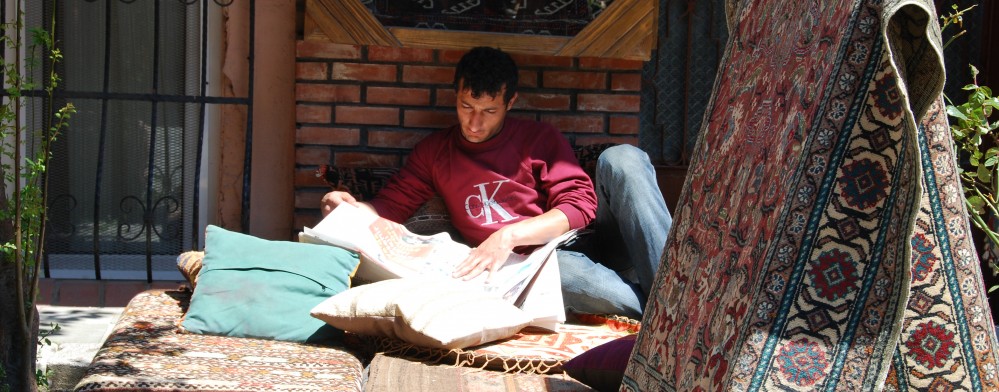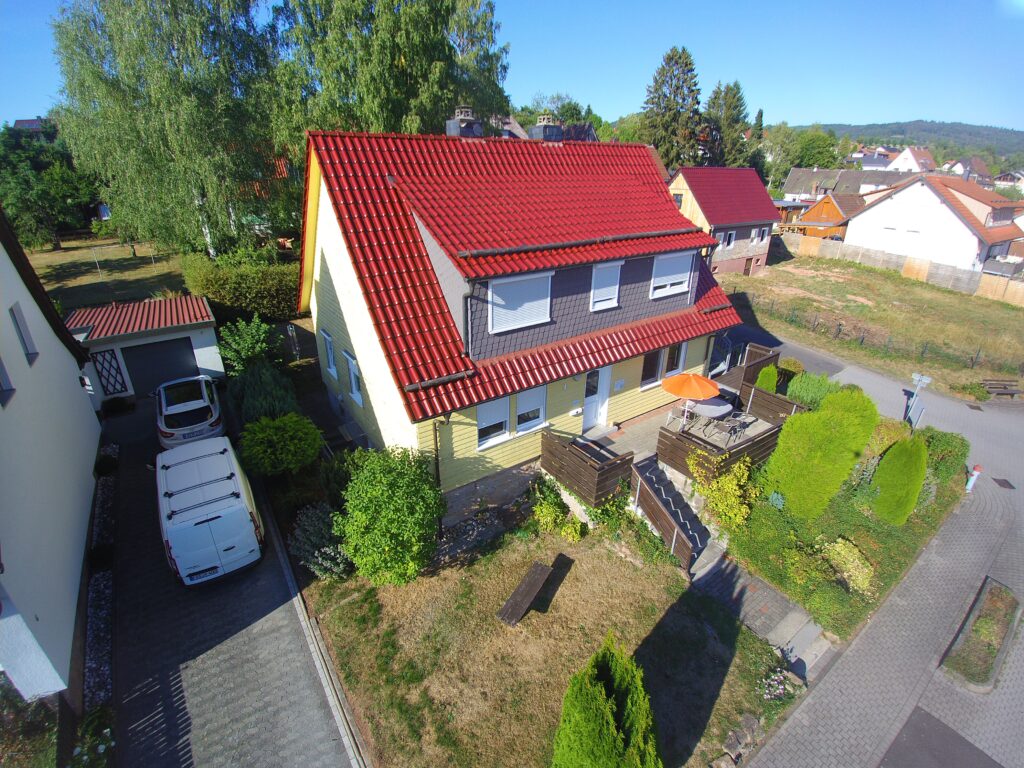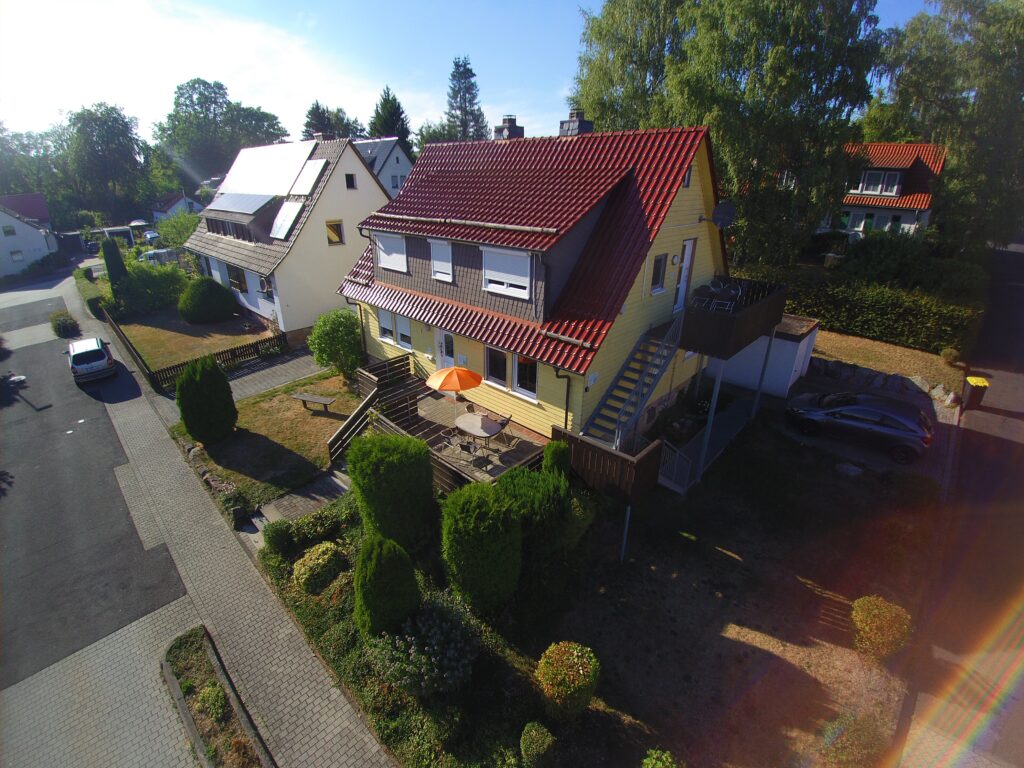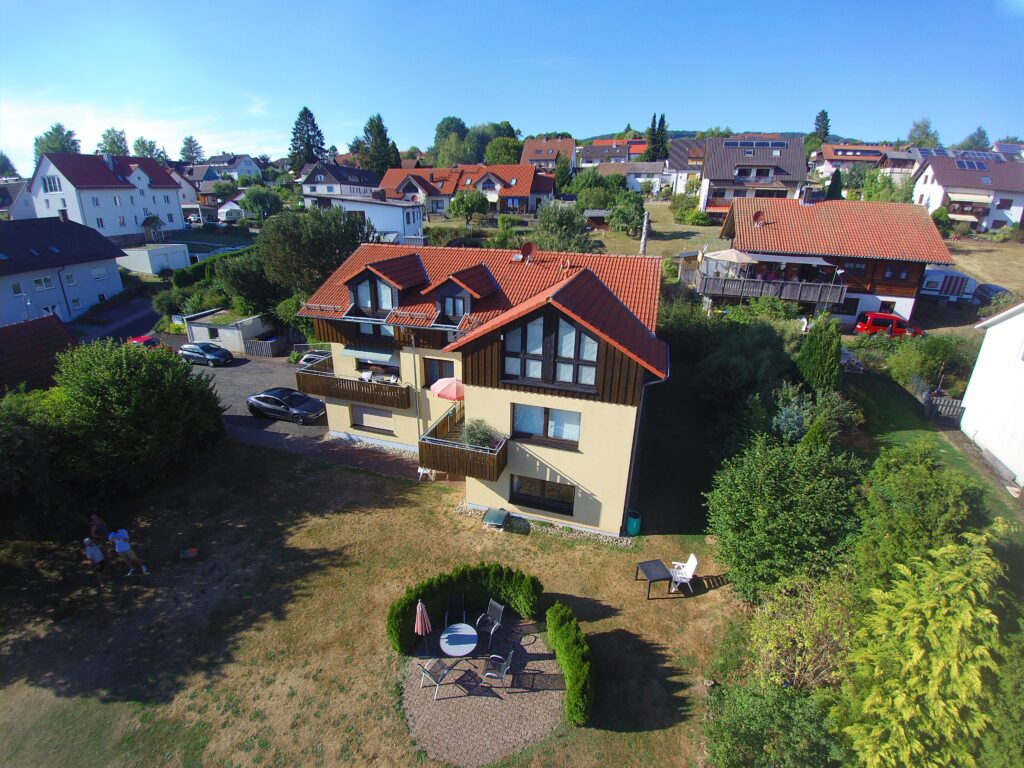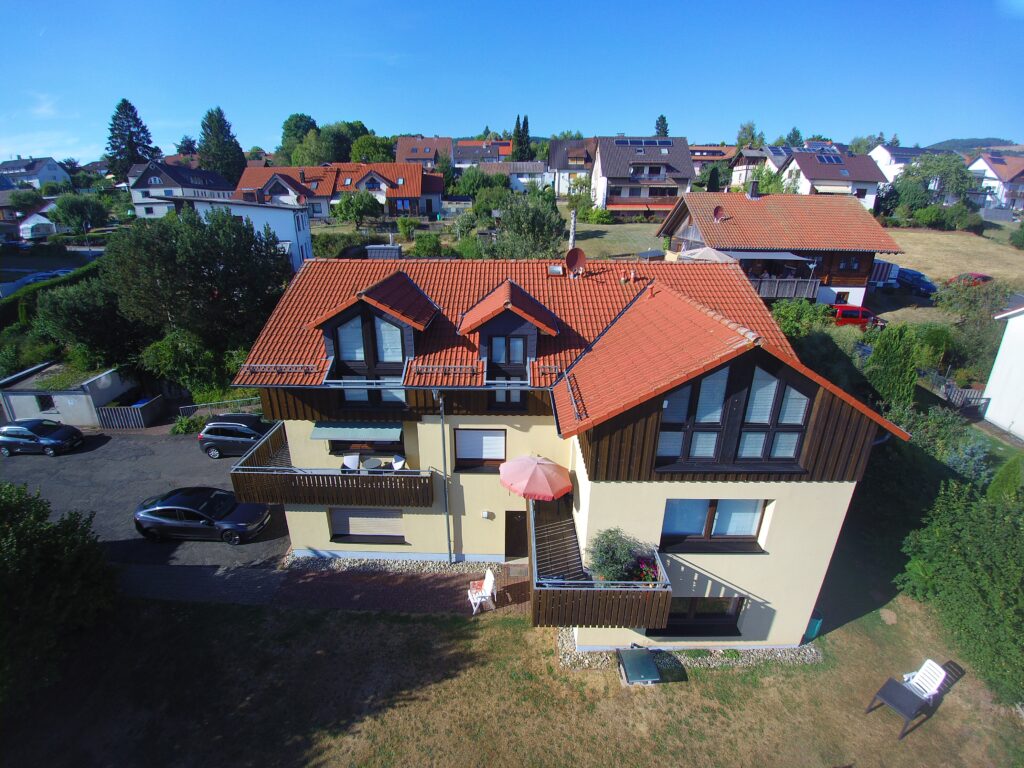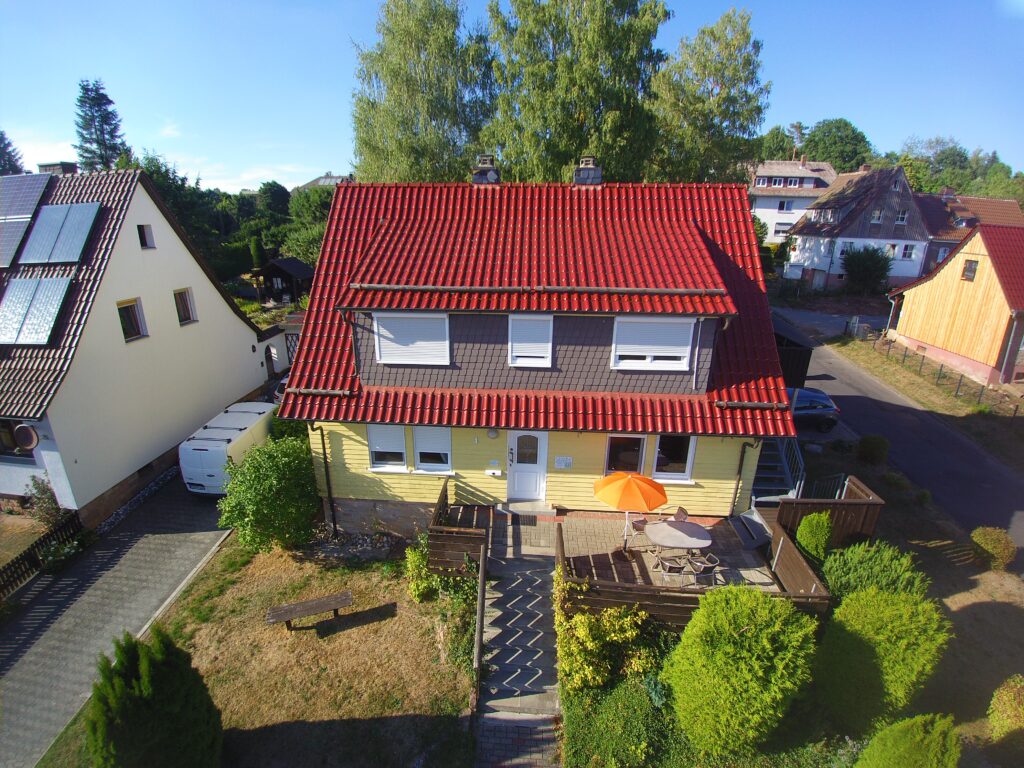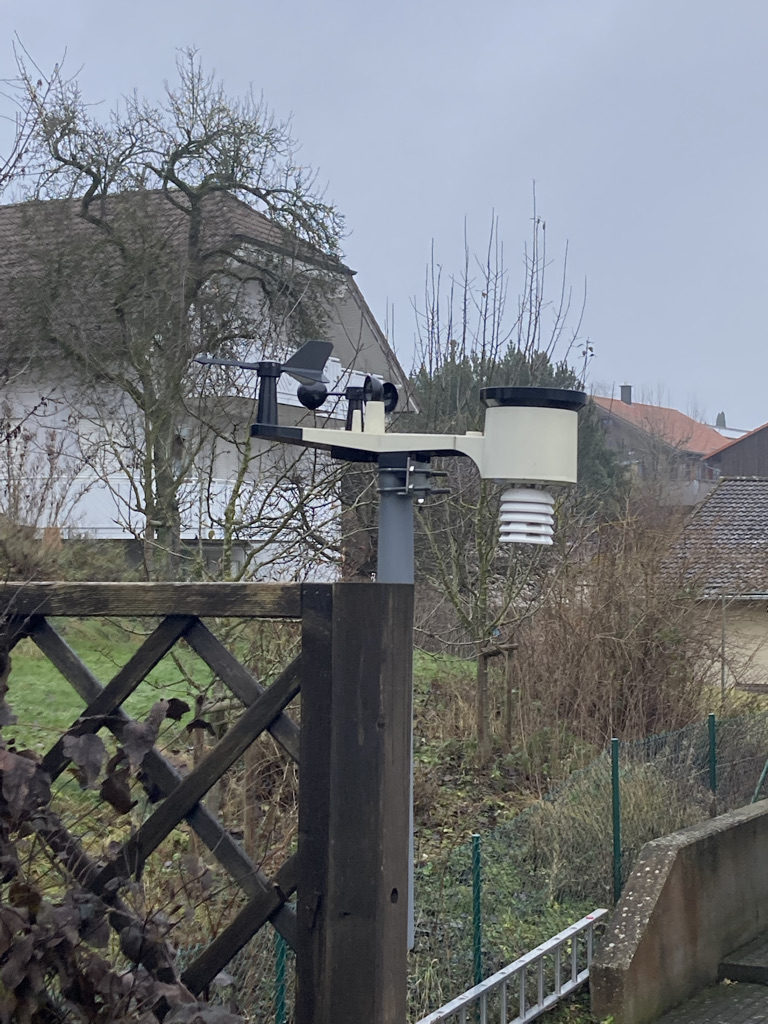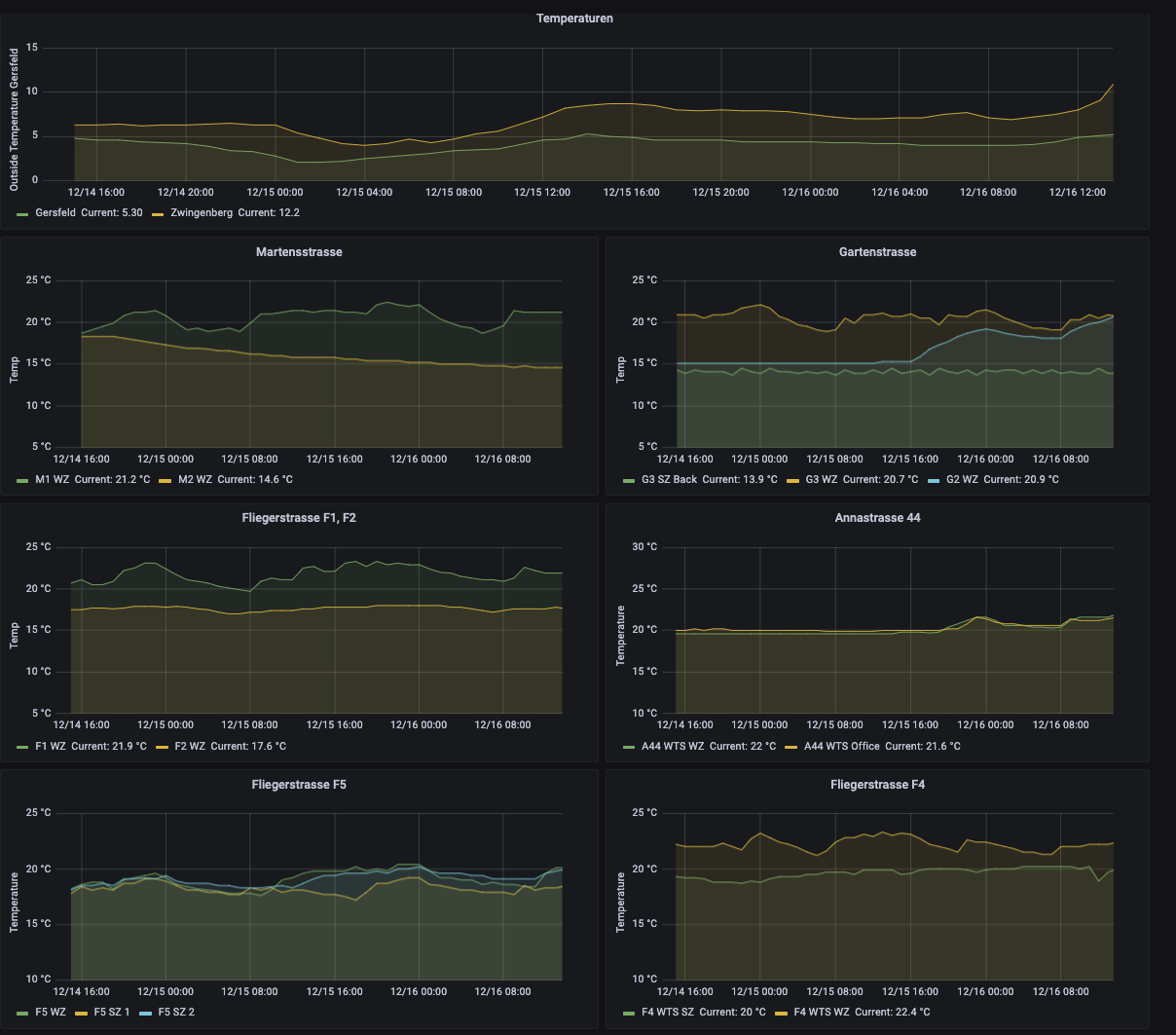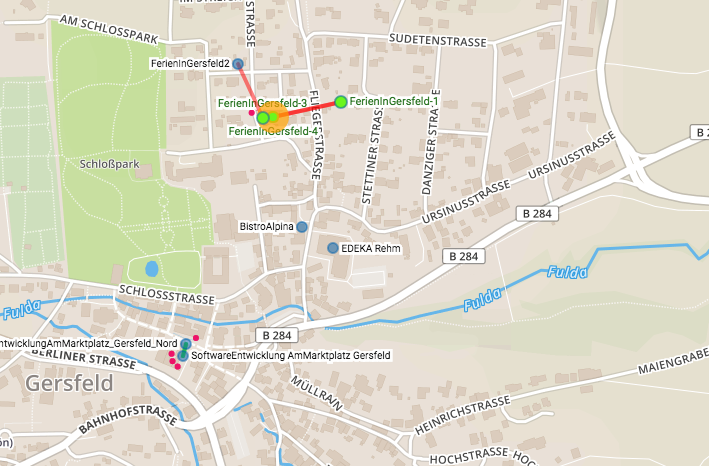Diese Woche war ich zum ersten Mal bei einem Treffen der Gruppe “Wir für Gersfeld“. Dieser Verein hat sich auf die Fahnen geschrieben, den Tourismus zu fördern und im touristischen Bereich Gastronomie- und Beherbungsbetriebe in Gersfeld zu unterstützen. Hört sich ja erst einmal gut an – schließlich haben wir ja auch einen Beherbergungsbetrieb.
So weit so gut. Es sollen also Touristen (das sind die Kunden, also die Touristen) und die betreuenden Betriebe unterstützt werden. Hört sich gut an. Zuerst wurde auch eine Umfrage veranstaltet, bei der die Teilnehmer dies und das gefragt wurden. Soweit so gut. Unter anderem wurde auch gefragt, wie den der Tourist bucht – es standen zur Auswahl (wenn ich mich recht erinnere): Per Post, per Telefon, über die Stadt, per Internet. ehrlich – bei uns buchen 95% aller Besucher über das Internet. Mein Vorschlag war, diesen Bereich vielleicht etwas näher zu betrachten – also das Internet ein bisschen differenzierter zu betrachten: welche Portale, eigene Homepage, welche sonstigen Kanäle. Da wurde die Diskussion dann lebhafter:
- Die Stadt tut nicht genug für uns
- booking.com ist unfair
- usw.
Was die wenigsten der Teilnehmer glauben: Wir (die Beherbungsbetriebe) werden immer mehr zu Assets, die über die verschiedenen Plattformen verkauft werden. Ich vermute, dass in wenigen Jahren die Unterhaltung stattfinden wird, welche Plattform gerade gewinnt. Nicht, ob uns die Stadt oder der liebe Gott helfen kann. Was der Buchhandel (und viele Bereiche des Einzelhandels) schon erlebt hat, das kommt gerade auf uns zu. Und ehrlich: Es gibt kein Entkommen.
Oder vielleicht doch?
Wissen wir, wer unsere Gäste sind, wer sie sind, was ihnen gefällt, was ihnen nicht gefällt? Ich meine, haben wir sie mal ernsthaft befragt und die Informationen ausgewertet? Vielleicht ist es ihnen ja egal, dass Gersfeld in der Mitte Deutschlands liegt? Und sie haben ganz andere Anliegen?
Wie können wir den Aufenthalt für die Gäste verbessern, unabhängig von unseren eigenen Businessmodellen? Welche B2B Möglichkeiten (auch zwischen Mitbewerbern) würden das unterstützen? Wenn ich meine Gäste in die Sauna der Sonne schicke, werde ich sie verlieren? Ein zufriedener Gast wird vielleicht nach Gersfeld zurückkommen – egal zu wem.
Sollten wir weiter über die Kaskade diskutieren? Oder sollten wir für unsere Gäste lieber den Mitbewerbern in Hilders über eine Lösung reden? Dann hätten unsere Gäste einen Mehrwert!
Basierend auf dem oben Gesagten können wir auch eine Delta-Analyse der Services der Stadt Gersfel machen. Und dann gemeinsam das Fehlende auf die Beine stellen. Besser als Meckern wäre das allemal.
Ach ja – die Stadt und die Kaskade: Kann denn mal jemand endlich dieses Eingeständnis von Versagen und Selbstmitleid von der Homepage der Stadt Gersfeld entfernen? Ich glaube nicht, dass dieser Brief und die Aussage der Nichtverfügbarkeit irgendeinen Gast wirklich interessiert.
PS: Kommentare sind willkommen!
